
Harry Styles officially debuts his new buzz cut to mixed reaction
Harry Styles dropped jaws across the globe after shaving his signature hairstyle and opting for a buzz cut. Rumours surfaced when low-quality photos surfaced online, but now, his lifestyle brand Pleasing has dropped an official first look at his new hair. "Our Founder, Harry Styles, toasts the launch of Pleasing Fragrance with friends in London. November, 2023," the post read, along with the photo of the 'Watermelon Sugar' singer perched on a sofa. The comments section opened up the floodgates to a wide range of opinions, with one describing it as an "opinion piece" in itself. "Can't lie he still looks so fine," one fan wrote, while another joked: "Can’t wait to defend this at Thanksgiving dinner." One person described Styles' new look as serving "Prison Break realness." Meanwhile, one Instagrammer asked: "Where was the trigger warning?" Others took the opportunity to mourn his famous locks, with one diehard "sobbing in curly hair." "Put this man in timeout," another humoured. It comes after a painting of Harry Styles by David Hockney was put on display at the National Portrait Gallery earlier this month. Hockney, most known for his contribution to the pop art movement of the 1960s, shows Styles wearing an orange and red striped cardigan and blue jeans paired with a pearl necklace. The exhibition showcases Hockney's expansive career with more than 30 new portraits, including Hockney’s mother, the late Laura Hockney and his friend, fashion designer Celia Birtwell. The David Hockney: Drawing From Life exhibition will run until January 21 2024. How to join the indy100's free WhatsApp channel Sign up for our free Indy100 weekly newsletter Have your say in our news democracy. Click the upvote icon at the top of the page to help raise this article through the indy100 rankings.
2023-11-16 17:54
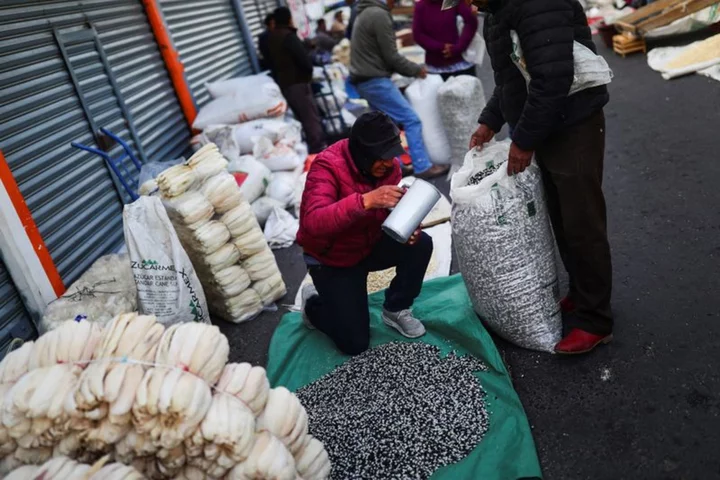
Mexico inflation continues slowdown in early September
Mexico's headline inflation eased in the first half of September, official data showed on Friday, slightly below market
2023-09-22 21:54

BOJ to Buy Additional Bonds to Curb Rise in Sovereign Yields
The Bank of Japan announced an extra bond-buying plan for this week following an unscheduled operation it conducted
2023-10-02 14:28
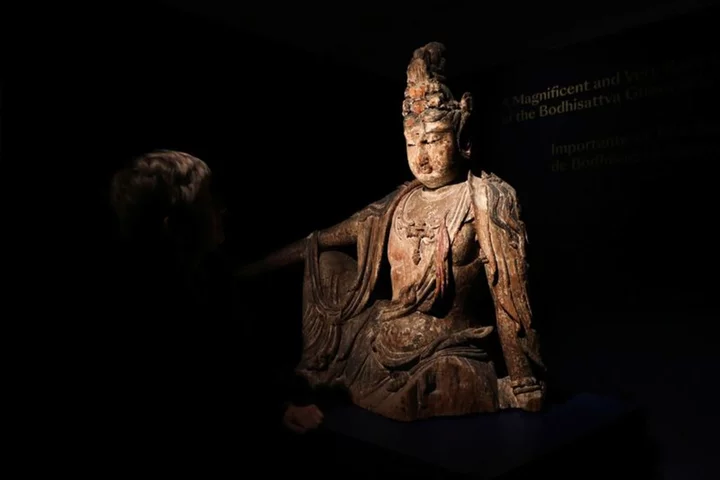
Rare Chinese Buddha statue up for auction at Bonhams in Paris
By Yiming Woo PARIS A rare Chinese Buddha statue, found in a French family home and part of
2023-06-10 21:52

Who was Lauren Pikor? Single mother fatally stabbed by her ex-boyfriend who was arrested after 'lengthy standoff'
Lauren Pikor is survived by her young daughter and has been remembered as a 'loving mother'
2023-08-08 07:15

Trump news – latest: Trump defiant at post-indictment speeches as Florida judge he appointed set to keep case
Former president Donald Trump spoke at two Republican state conventions on Saturday in Georgia and North Carolina, just one day after he was indicted for keeping highly-classified information at his Florida home, Mar-a-Lago. The 49-page, 38-count indictment was unsealed on Friday after Mr Trump released a series of social media posts revealing that he has been indicted by a grand jury under the supervision of Special Counsel Jack Smith. The indictment details the charges against Mr Trump and Walt Nauta, a former US Navy noncommissioned officer who left government service to work for Mr Trump after his term ended in January 2021. The former president has fumed online about the charges and lashed out at Mr Smith calling him a “deranged lunatic”. The special counsel for his part gave a brief explanation of the sweeping indictment and reiterated that in America, the law applies to everyone. Mr Trump repeated his attacks on Mr Smith onstage in Georgia before flying up to his second event. On the flight, he told Politico he would not quit the 2024 primary race even if convicted. Read More What is an indictment? Here’s what Donald Trump is facing Trump indicted in classified documents case in a historic first for a former president Conspiracy, false statements and retaining national defence documents: The federal charges against Donald Trump Trump has been caught on tape. Congratulations, Donald – you played yourself Trump lashes out at ‘deranged lunatic’ and ‘psycho’ Jack Smith as startling secret papers charges revealed
2023-06-11 21:56

NBA rumors: Spurs overpay young player due to small sample size
The Spurs have just extended one of their best players to a very pricey extension. Did San Antonio just overpay a young player?
2023-10-03 07:47

'100 million over pre-pandemic levels': Bayern announces record turnover
Bayern Munich on Sunday announced a record annual turnover of 854.2 million euros ($915 million), more than 100 million euros above the previous record that...
2023-11-12 22:53

The pause on student loans is ending. That could be a storm cloud for the economy
Millions of Americans are about to get a rude awakening in their monthly budget: Federal student loan payments are back.
2023-07-01 00:15
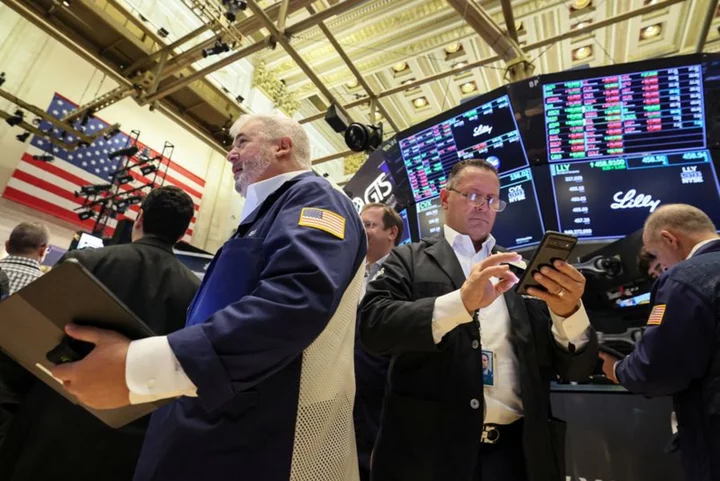
Wall St futures tumble after Fitch downgrades top-tier US rating
Wall Street futures tumbled on Wednesday after rating agency Fitch's move to downgrade the U.S. government's credit rating
2023-08-02 17:57
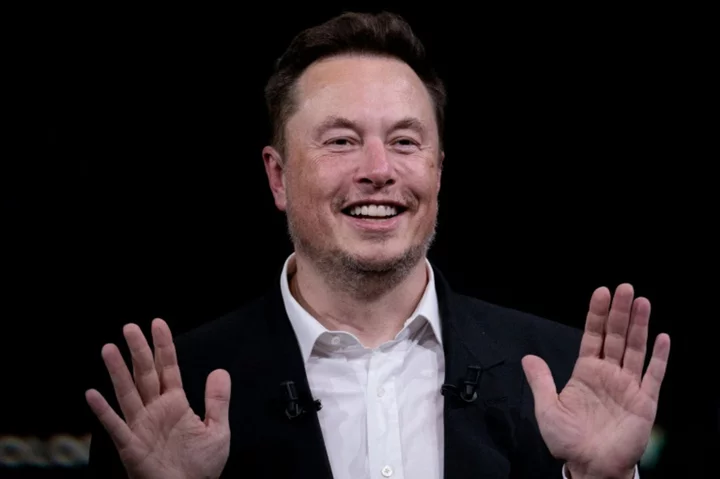
Former Twitter exec says a mercurial Musk rules by 'gut'
A fired Twitter product manager said Elon Musk ran the company newly renamed X by instinct not data, surrounded by sycophants...
2023-07-28 05:59
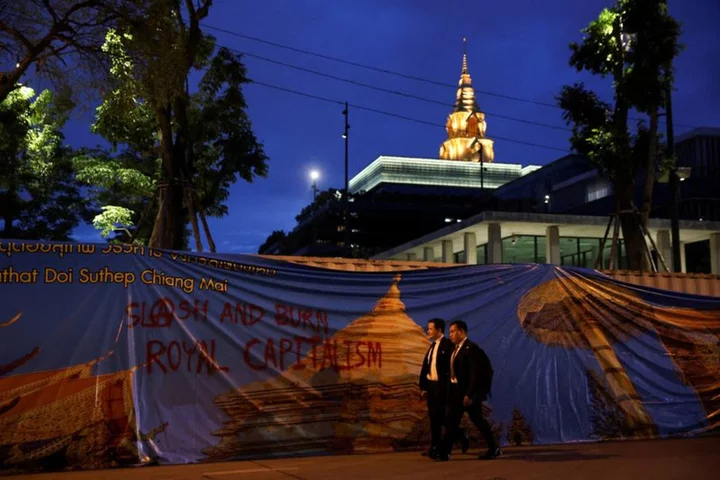
Thailand election winners make way for allies after PM bid fails
By Chayut Setboonsarng and Panarat Thepgumpanat BANGKOK Thailand's election-winning Move Forward party announced on Friday it was making
2023-07-21 13:56
You Might Like...
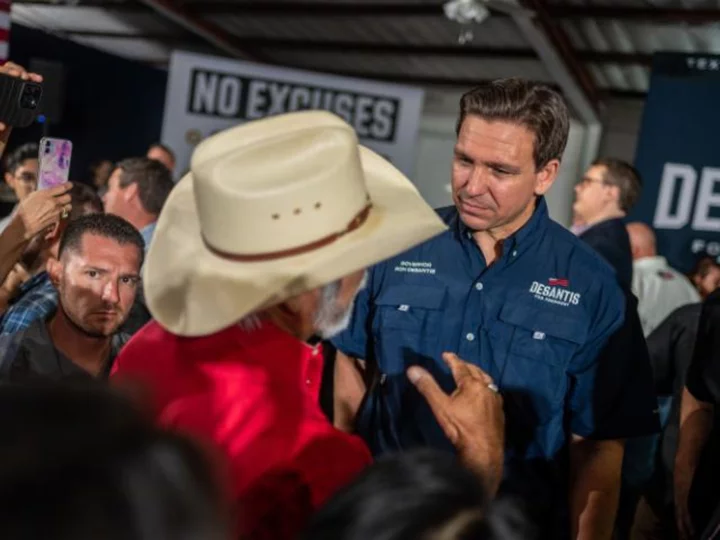
How DeSantis says he can outdo Trump on the border
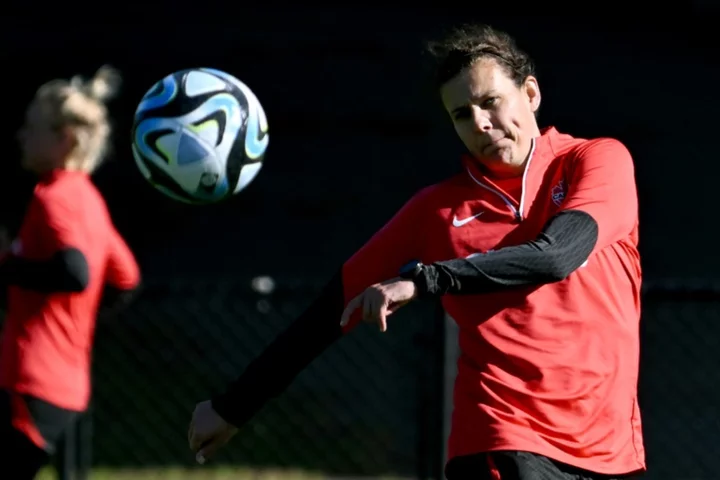
Record-scorer Sinclair warns Canada can beat anyone at World Cup
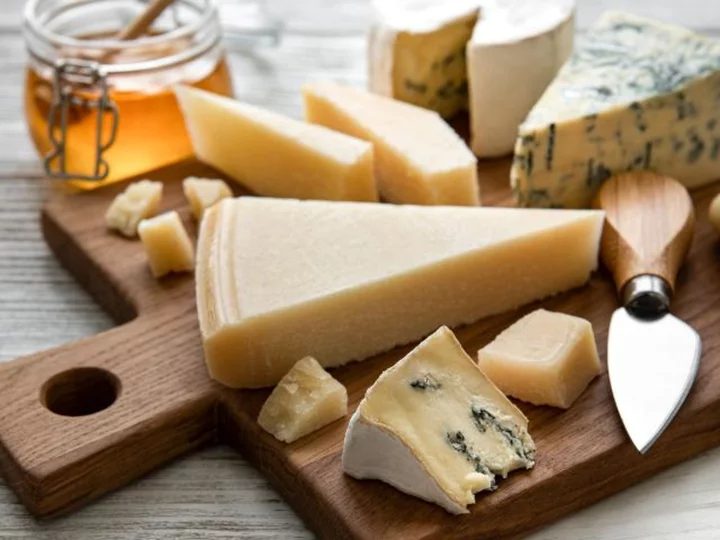
Love dairy? The University of Wisconsin-Madison seeks a paid cheese taste tester

Government tries to claw back money so Jan. 6 rioters don't profit from online appeals

China imposes curbs on drone exports, citing Ukraine and concern about military use
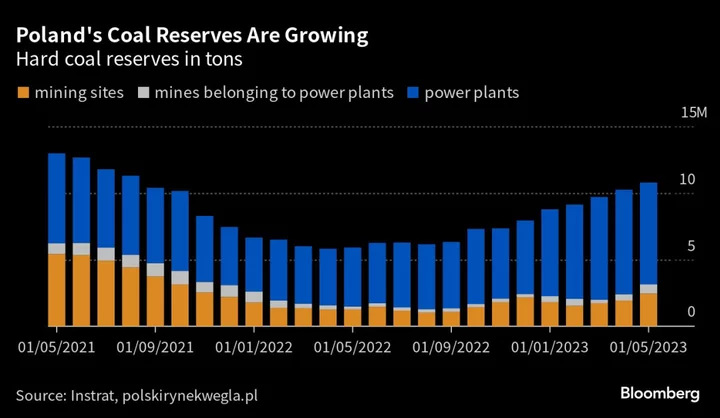
Poland Nears Coal Glut Prompting Powerful Union to Raise Alarm

Linksys Announces the Next Step in Home and Small Office Network Security

Israeli military raid in the occupied West Bank kills a Palestinian man
